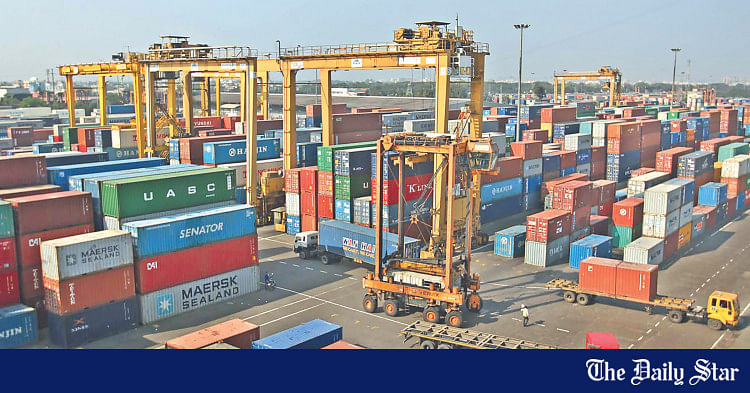The World Bank (WB) has kept its forecast for Bangladesh’s economic growth almost unchanged for the current fiscal year (FY) 2024-25, citing subdued investment and industrial activity amid heightened political uncertainty.
Bangladesh’s economy may grow 4.1 percent in FY25, the WB said in its latest Global Economic Prospects released Thursday.
The growth projection is slightly higher than its October forecast of 4 percent for FY25.
Growth is projected to pick up to 5.4 percent in FY26, assuming broad political stability, successful reforms in the financial sector, an improved business climate, and increased trade, the WB report said.
“Easing inflation is expected to boost private consumption,” said the multilateral lender.
The WB’s latest forecast is also higher than the 3.8 percent growth projection made by the International Monetary Fund (IMF) in December last year, which cited output losses caused by the July uprising, floods, and tighter policies.
As per the predictions of the two multilateral agencies, Bangladesh’s Gross Domestic Product (GDP) growth in FY25 would be the lowest since FY20, when the Covid-19 pandemic wreaked havoc on the globe.
Earlier this month, the Bangladesh Bureau of Statistics (BBS) said GDP growth was 1.81 percent in the July-September quarter of FY25.
The first-quarter growth was the lowest since the second quarter of FY21, when the pandemic continued to cripple the economy.
In the first quarter of FY24, GDP grew 6.04 percent.
The WB said inflation in Bangladesh has remained persistently high, and monetary policy has been tightened further.
The 12-month average inflation in Bangladesh rose to 10.34 percent in 2024, up from 9.48 percent a year earlier.
In 2022, the annual average inflation was 7.7 percent, according to the BBS.
In December, the IMF kept its projection of inflation in Bangladesh elevated for the current fiscal year, ending on June 30, 2025.
The WB said political turmoil in mid-2024 dampened economic activity and worsened investor confidence.
It said growth in FY24 is estimated to have slowed to 5 percent, a downward revision of 0.6 percentage points from previous projections.
“Supply constraints, including energy shortages and import restrictions, weakened industrial activity and led to increased price pressures.”
“High inflation reduced the purchasing power of households, slowing services growth.”
The WB also cautioned about the risk of social unrest in countries, including Bangladesh, where youth unemployment has risen since the pre-pandemic decade.
It said elevated social unrest could weigh on productivity and investor confidence in South Asia.
“In addition, the incidence of political violence has increased in some countries in the region,” it added.
More frequent or more severe weather events could reduce food production, drive up food price inflation, and raise living costs, the WB report added.
The Washington-based multilateral agency said slower-than-projected growth in major trading partners and the resulting weaker demand could dampen activity, particularly in countries with strong economic ties to Europe and the USA, including Bangladesh, Pakistan, and Sri Lanka.
“For example, countries in Europe account for about half of total goods exports in Bangladesh.”


